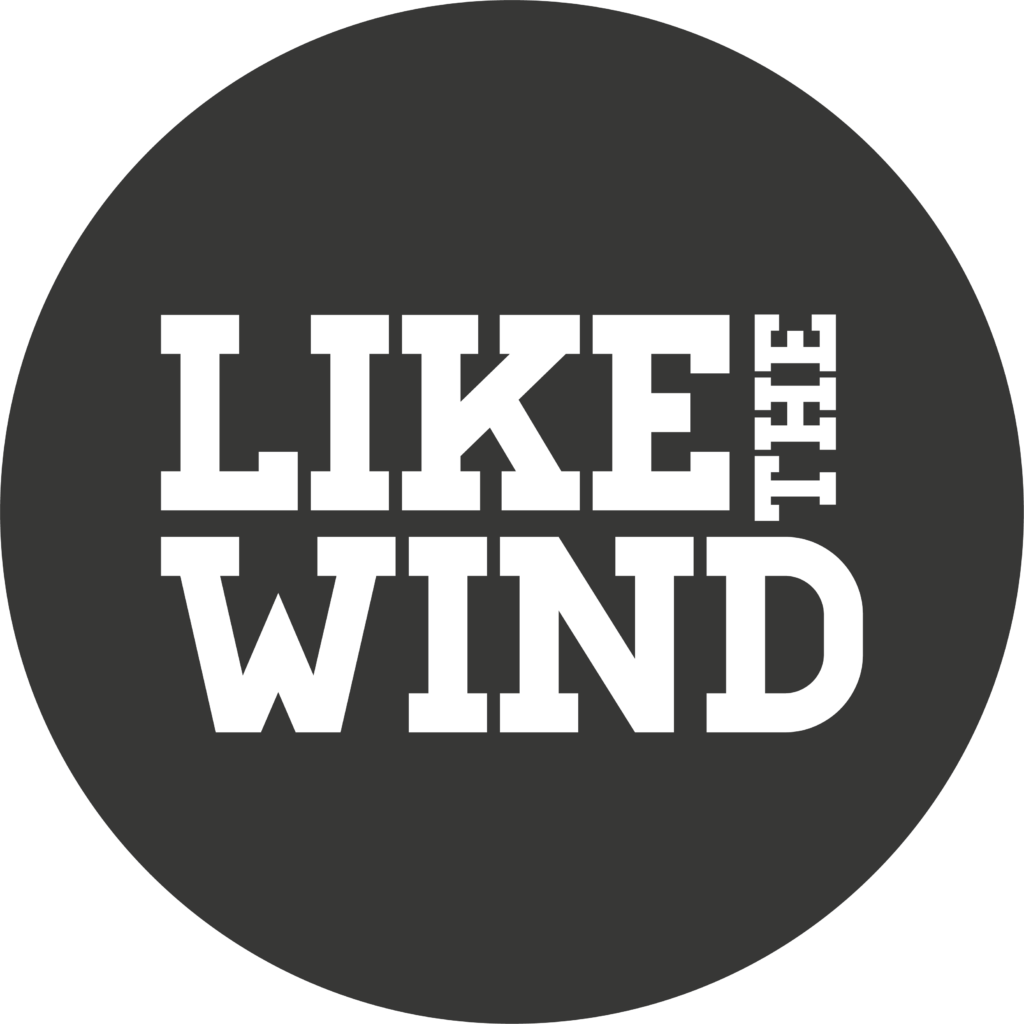LtW Notes Interview: Rose George
Like the Wind exists to tell stories about running. So we are always delighted to meet people at the intersection of storytelling and running.
Rose George is one such person. Rose has written for the Guardian, Independent, New York Times, London Review of Books as well as for Like the Wind. She is also the author of a number of books including her most recent Nine Pints: A Journey Through the Money, Medicine and Mysteries of Blood.
And when it comes to putting one foot in front of the other, Rose is a runner with a particular love of fells, trails and mud.
We were delighted to have the chance to find out more about Rose and discover how writing and running play their different parts in her life.
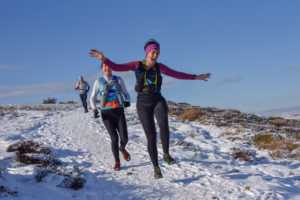
LtW: Rose, as you know, we love running and writing. To what extent do you think that the two go together?
RG: I think they are ideal companions though not as directly as perhaps a writer would like. What I mean by that is that for me, both of them allow me to explore my brain in unexpected or at least unusual ways. But because I have such a poor memory, I can rarely remember the thoughts that come to me when I’m out running on the moors and hills. That’s a real shame because I know that I think better when I’m moving: I got my first sentence of The Big Necessity, my second book, when I was out walking, and by that time — I was living in a little house in France and being very disciplined and only going out twice a day for walks — I would walk with a notebook in my pocket. I don’t do that when I’m running so unfortunately all those brilliant thoughts must disappear into the clag along with my breath. Sometimes I think I should take a dictaphone but when I’m busy trying to negotiate my way over tussocks and narrow heather-bordered rocky trods, taking out a dictaphone to record my brilliant thoughts is probably not ideal. Anyway at that point my brilliant thoughts are probably mostly swear-words. But I still think running energises my brain.
LtW: What came first for you – running or writing?
RG: Writing, as I started doing that full-time when I was 22 (I’m now 50). I wasn’t a runner for a long time (after being a decent sprinter and hockey player at school and university). I lived abroad for ten years in France and Italy and didn’t do much full-time sport, though I cycled everywhere, even in Paris (because of the courage of youth, I think). After I moved to London in 1999, I became a swimmer because I lived in Dalston and the London Fields Lido soon reopened, and who wouldn’t become a swimmer with that an outdoor heated 50m pool just around the corner? I have happy memories of swimming in winter with the steam rising from the pool. I moved home to Yorkshire in 2011, and there was no equivalently beautiful pool here, but by that time I’d found running.
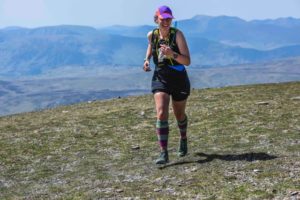
LtW: How did you first get into running?
RG: The first run I can remember was with my housemate Karen in Stoke Newington, and we ran about 300 metres to the end of the street and both collapsed against a lamp-post. I don’t think I ran after that, until I was on a container ship for 5 weeks to research my third book, in 2010. No-one was allowed to run on deck, it was too dangerous. There was a basketball court on the poop deck that was never used (and probably means there are lots of basketballs in the ocean, along with all the other human rubbish), an empty swimming pool that was never filled. But a small gym that had a treadmill, a rowing machine (that the captain would go and use in the dead of night), and a treadmill. I started a couch to 5K programme, and I got used to running on a swaying ship. It wasn’t too bad, as container ships are large and the waters we were going through weren’t too choppy, but still it was good training for fell running later. I have good ankle flexion!
LtW: As you know, the strapline for LtW is ‘It’s Why We Run’ so can you tell us a little about why you run?
RG: I have always felt the need to exercise somehow. And I love to be outside. It took me a few years to realise that I didn’t like road running, and that what I loved was to run on hills or moors or mountains or fells, to get muddy, to pelt down hillsides. The fresh air, the mud, the heather, the heights: It all fills me with absolute joy, and I don’t think in our modern busy lives we often have time for joy. Or dirt. I’m also having a difficult menopause which I’ve written about, and some very debilitating depression. Running has been instrumental in keeping me functional and as stable as I can be. That said, on my really bad days, I can’t even get out of the house. But if I can, it always helps.
LtW: The magazine thrives because of great writing about running. Can you tell us a little about some of your favourite pieces of running-related writing (can be non-fiction or fiction)
RG: I think it’s very difficult to write well about running. I re-read my running blog posts now and think, how dull they are. A lot of running writing is quite mechanical (I did this race, and then I did that one). I didn’t even like Haruki Murakami’s book. But luckily there are writers who go beyond the mechanics. And thank goodness for LtW too. I’ll read anything by Richard Askwith, Boff Whalley or Rachel Hewitt, who wrote a brilliant piece about being a woman and running for The Economist, and who is working on a book about women’s outdoor sports through history which I’m sure will be excellent and surprising. I reviewed Markus Torgeby’s book The Runner and absolutely loved it. It’s spare and in a way brutal, about other people and about himself, but entirely gripping. I like to read Ben Mounsey’s blogs too, as he’s such a cheery soul and despite being a top fell and mountain runner, has no airs or graces and is entirely welcoming of any ability. That’s true of a lot of elite fell runners and part of the reason I love our sport: where else can you stand cheek to jowl with Alastair Brownlee in a crowded pub after running the same race over Haworth moorland? I wish more women wrote about running and fell running though: it’s still way too male.
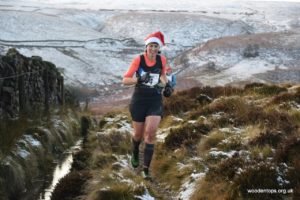
LtW: Inspiration for our publication came in part from magazines and journals from climbing, cycling and surfing. We also love fiction from other pursuits – for example Premier de Cordée (The First on the Rope) by Roger Frison-Roche or The Rider by Tim Krabbé. Are there running books that you have read that you love (for example The Loneliness of the Long Distance Runner by Alan Sillitoe or Once a Runner by John L. Parker Jr.)?
RG: See above. I haven’t read either Sillitoe or Parker’s book but now I will.
LtW: Whose writing about running are you enjoying reading at the moment?
RG: Again, see above. I love to read good running blogs but I don’t read any routinely. I’ll generally get to them via links on Twitter. I really enjoyed Jasmin Paris’ account of the Spine Race because it gave such a good insight into how she kept going. I often get frustrated by particularly writing about epic running, because I want to know how they keep going, exactly how they endured. But I suppose the problem is that that is all about mental strength and all those thoughts disappear by the time you finish. So many accounts are just “I kept going,” which is both true and frustrating for the reader. It’s not just running: I got a little obsessed during researching my book on shipping with finding out what people were thinking when they were stuck in open boats after being sunk or torpedoed on merchant shipping during the Second World War. Again it’s hard to find out: it’s usually just “and time passed.”
LtW: If someone reading this is considering writing about running (or indeed any subject) is there any advice that you can give them to help them get started or to hone their skills? [Appreciate this is worthy of a book in itself, but a couple of tips would be really great]
RG: I think the best way to start writing is to start writing. It doesn’t matter what form that takes: a diary, a blog, an email. I often think that a blank document online is intimidating but if you write an email to a friend about what your book is going to be about then that will help you shape it. Also if you can afford it, Scrivener is a really good software programme for writers that I highly recommend. Some writers recommend writing 500 or 1000 words a day, it doesn’t matter if they are rubbish, it just matters that you’ve written them. That’s definitely good for discipline (and I should do it too). A good tip is to stop writing when you are enjoying what you’re writing so that you really want to get back to it the next day. As the writer Ed Yong put it, always park downhill: leave a paragraph or sentence unfinished.
LtW: Finally, is there any new writing about running that you are planning that you can tell us about?
RG: I’m working on a running book, which will be about me and fell running and the landscapes I run in. I’m not sure whether it will be a running book as such or a memoir, but it will definitely explore how a middling-ability middle-aged menopausal woman still gets out and runs many miles in a blizzard up and around Pendle Hill and why anyone can too. Often when I’m out on the moors, particularly in dodgy weather, I’ll meet walkers dressed in many layers (I’m often in shorts and a t-shirt) and they’ll look with at me, sometimes with wonder, sometimes with horror. Sometimes they say, “you’re mad,” and I wish they wouldn’t. Many runners are intimidated by fell running, but it is the friendliest of sports, there are all abilities, and you don’t have to run up hills. I wish they would look at me running fast down a hill, or splashing through puddles or picking my way as fast as I can along a technical rocky path, and think, “I’d love to do that.” If I can write a book that conveys that, while being a praise-song for the moors and fells I love, I’ll be content.
Our thanks to Rose for taking the time to answer our questions. You can find out more about Rose on her website here.
